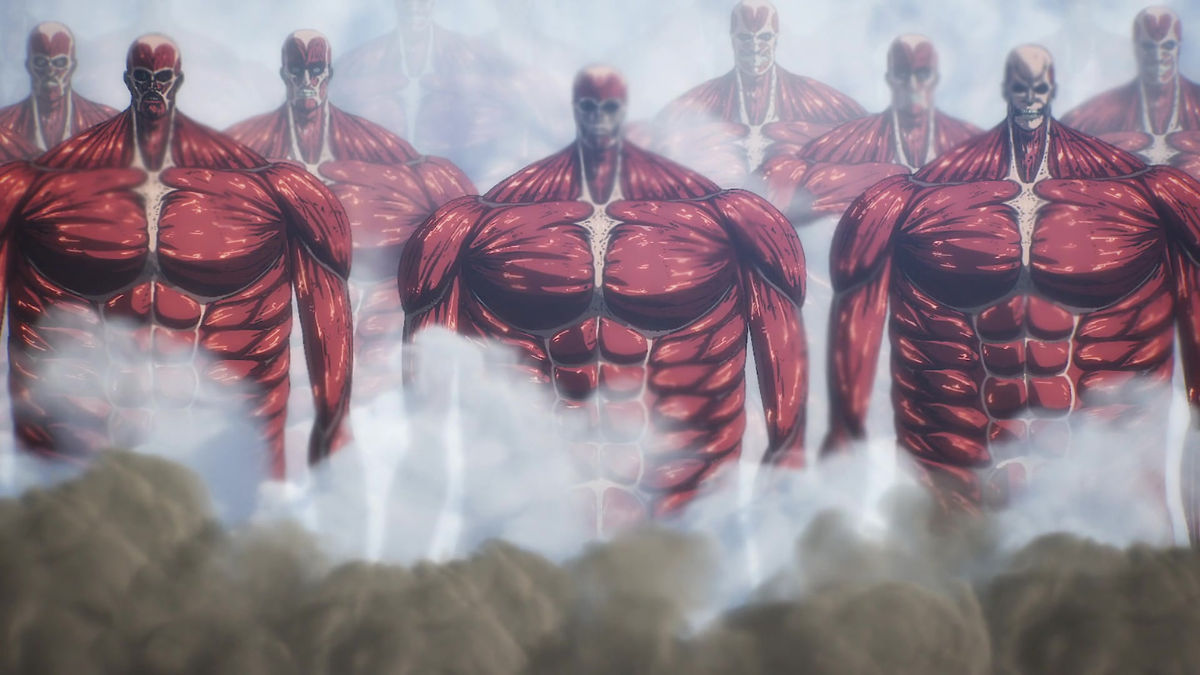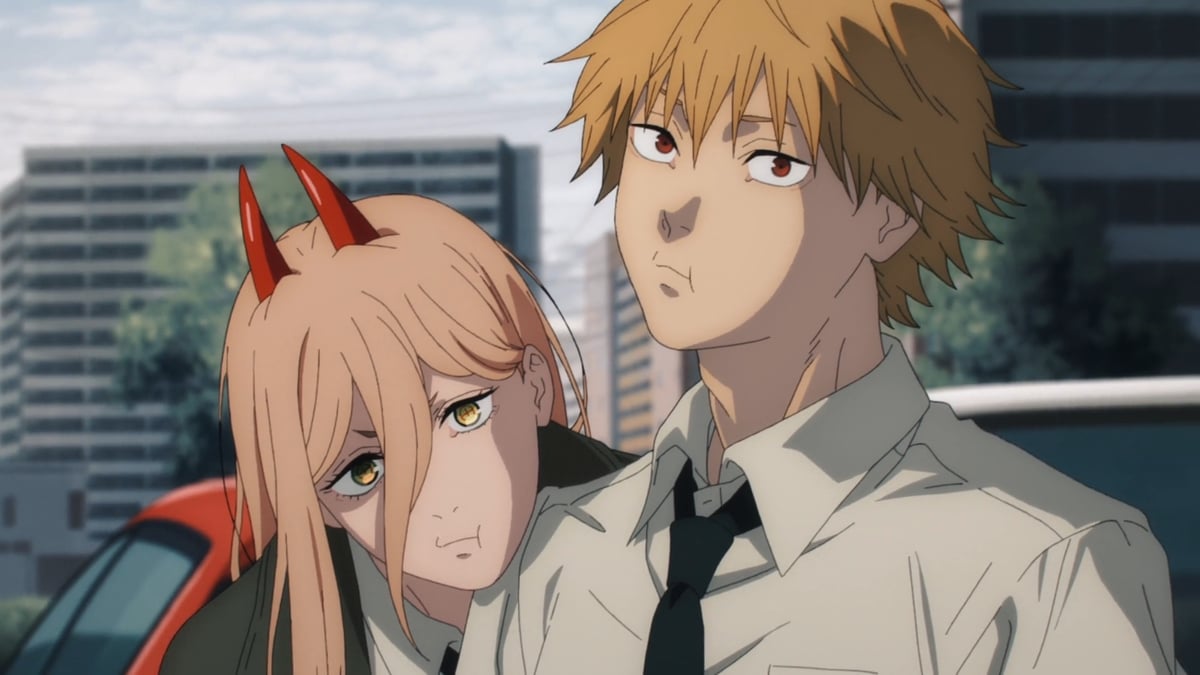Hollywood films and broadcast television have always been popular due to accessibility, but there is another genre that shouldn’t be discounted. Foreign media — from animated to live-action — is just as transformative as any mainstream art form.
In Western pop culture, anime has become exceedingly popular among fans. Though it rarely features on network television or theatrical releases, the Japanese animated genre has a style all its own. With startling visuals and complex themes, anime gives viewers something that doesn’t occur in Hollywood consistently. Typically adapted from the popular book genre of manga, fans are passionate about anime. But without one very important aspect, anime and foreign films wouldn’t be able to reach the masses.
What is dubbing?

For films to get global release and reach all the people it needs to, some alternations need to be put into place. Subtitling is a practice that has been common since the inception of the film industry. When movies were silent, they required subtitles to communicate the content of the film. Now, this practice is relegated to foreign films and anime. Without subtitles, some audiences would have no way of viewing Kurosawa or Miyazaki films. We can all thank comic and best-selling novelist Neil Gaiman for adapting the masterpiece, Princess Mononoke, the way Miyazaki intended.
But subtitling isn’t the only way to translate films from their mother tongue. The process of dubbing has been a contentious practice with varying perspectives. Most often seen in anime, dubbing consists of casting voice actors to record dialogue in different languages and placed over the images. This was particularly evident in films of the sixties and seventies. The Showa-era Godzilla films were dubbed over with new dialogue, so Western audiences could understand it. Kung fu films with stars such as Bruce Lee also utilized this idea. However, not everyone is fully supportive of the dubbing culture. Hulu famously fired back at viewers who complained about the subtitles to the award-winning film, Parasite. Watching the actors’ mouths move out of sync with the dialogue can take the viewer out of the experience. Subtitles also offer the artist’s original intention.
Dubbing isn’t as jarring in animation, where the characters’ mouths could be saying anything, but the same idea still applies. Dubbing instead of subtitling content sometimes takes away from the original intention of the series. But in the case of action shows like Fullmetal Alchemist: Brotherhood and Attack On Titan, sometimes there is so much going on that following subtitles isn’t realistic. Sometimes, those Titans are just too disturbing to focus on anything else.

